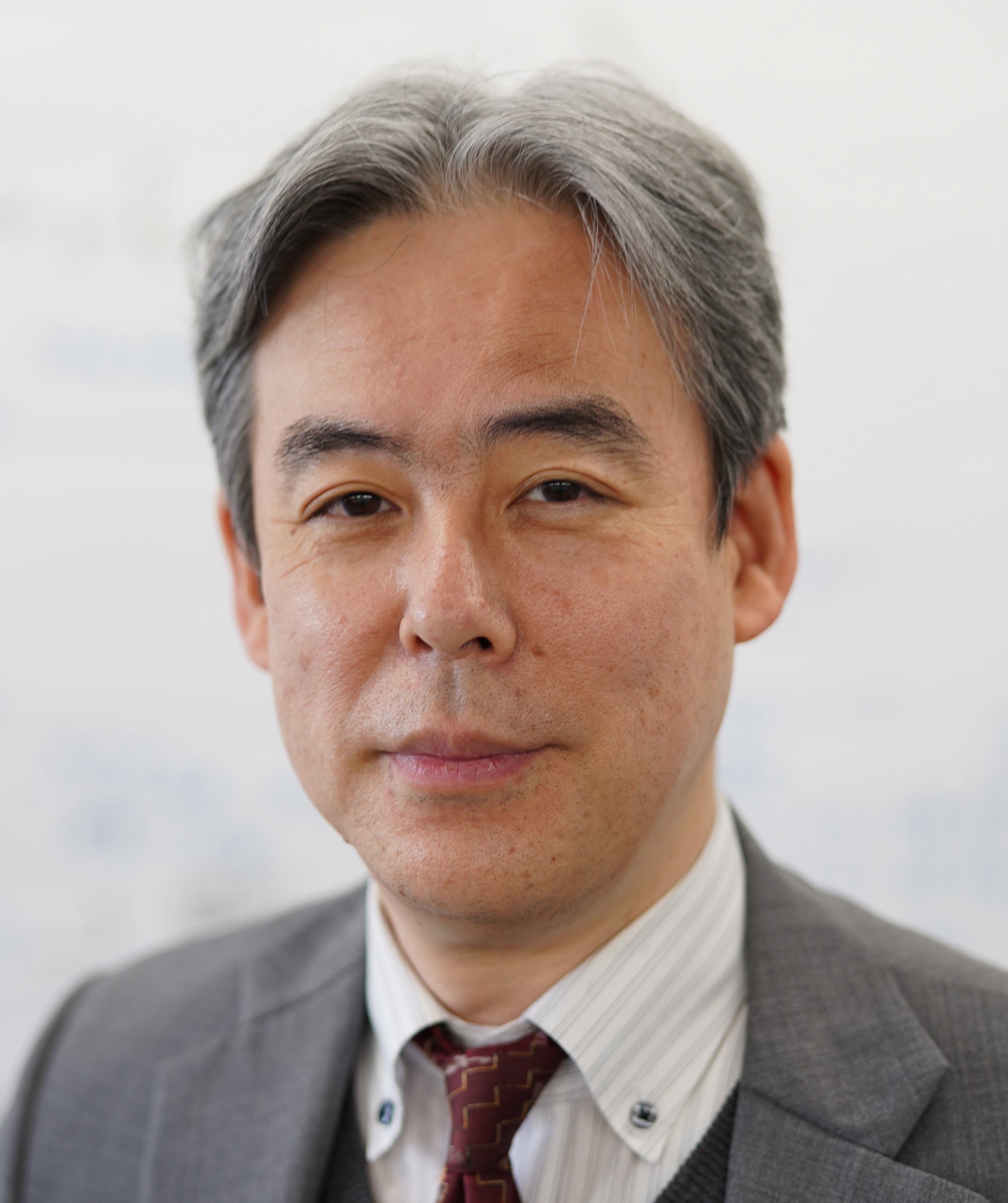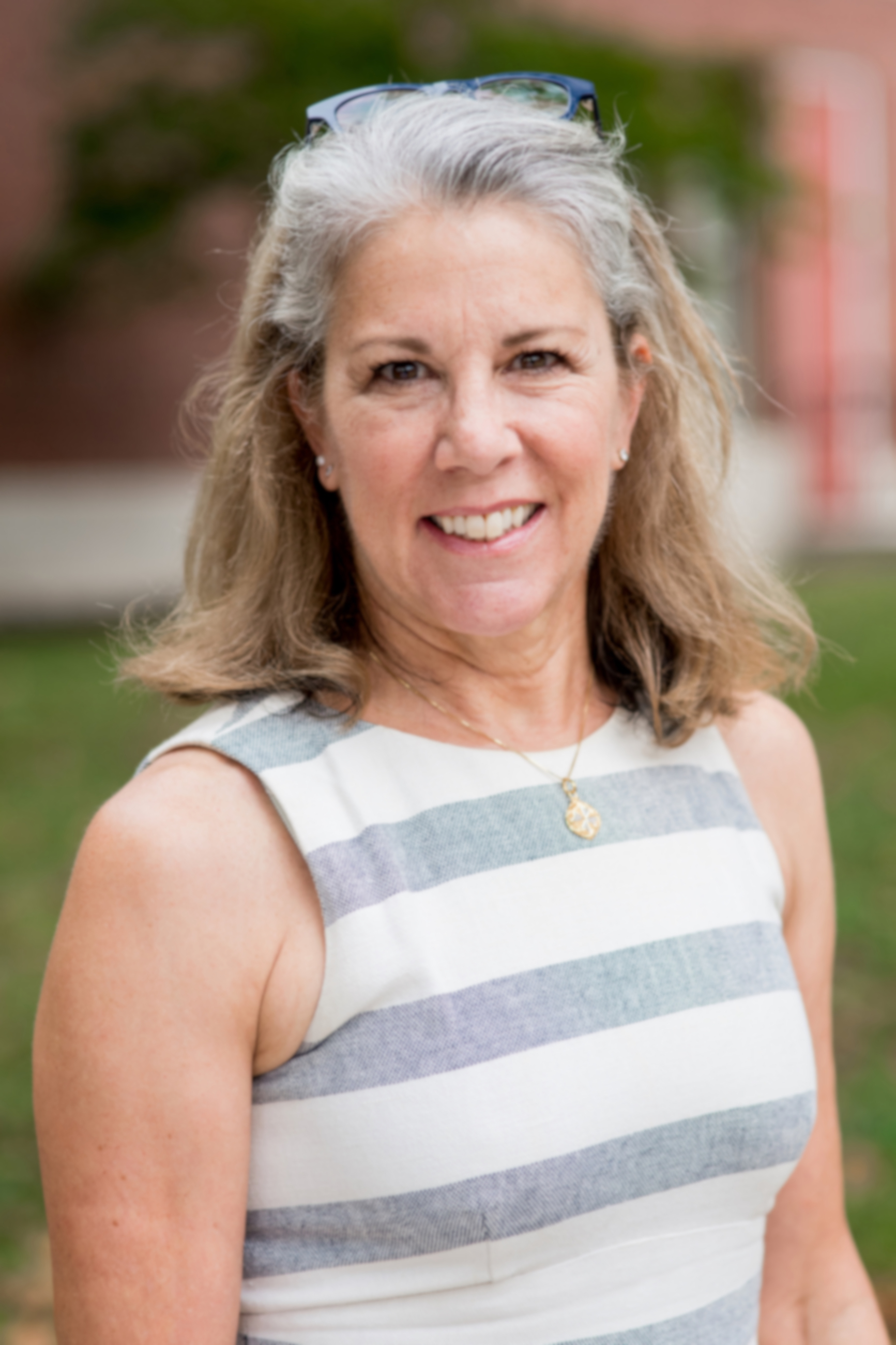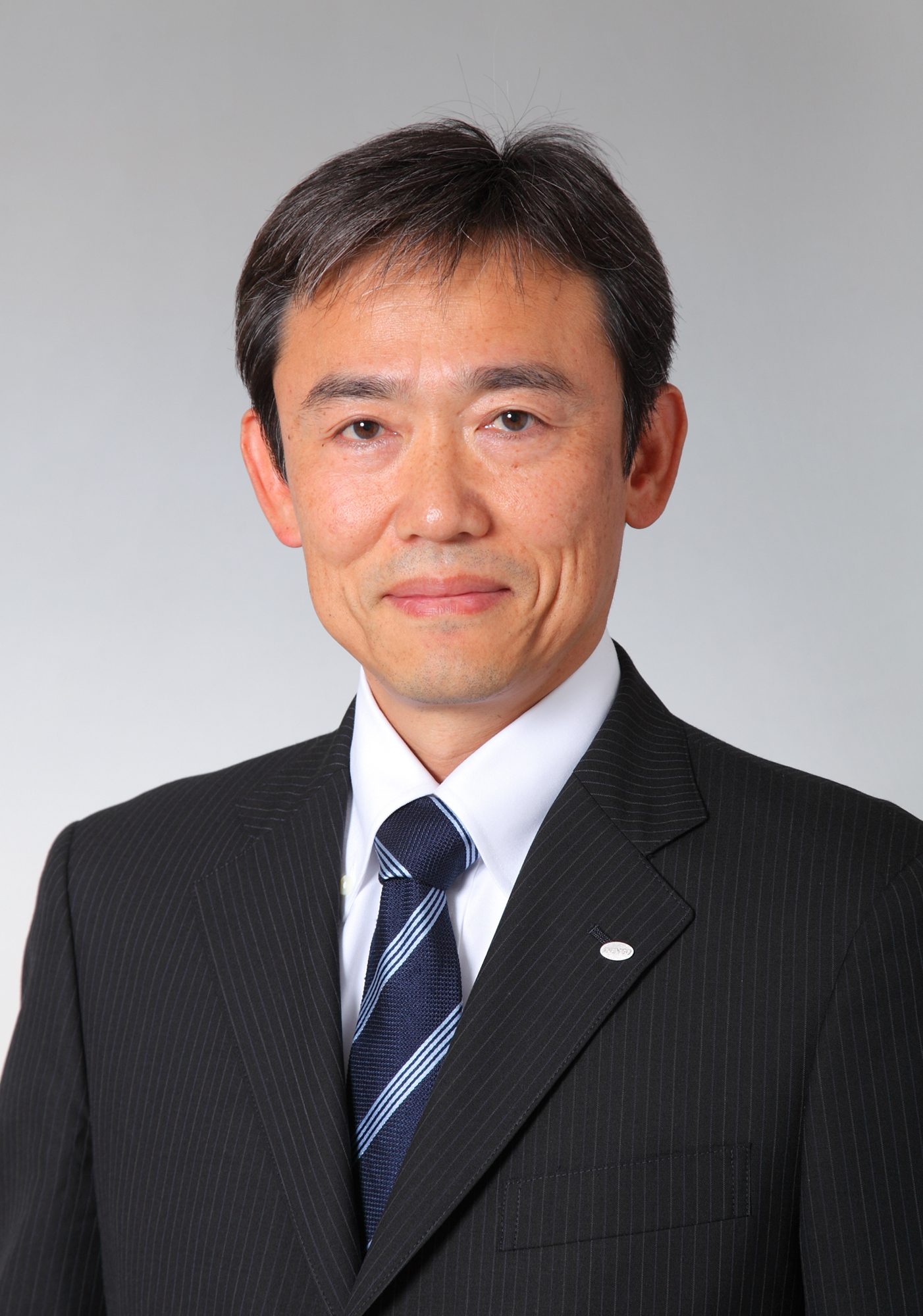Plenary Talks
Plenary Talk 1, Sept. 7th 13:20-14:20
"Deep Predictive Learning: Empowering Robots for Complex Tasks and Revolutionary Applications"
Professor Tetsuya Ogata
Waseda University / Joint-appointed Fellow, AIST

AbstractArtificial intelligence (AI) technology has made remarkable strides, yet challenges persist in enabling robots to perform diverse tasks using a single hand. Our research proposes a groundbreaking approach called "deep predictive learning," which draws inspiration from predictive coding in neuroscience to overcome these challenges. In this plenary talk, I will unveil the remarkable outcomes of our robotics research employing deep predictive learning. Through compelling examples, I will demonstrate how this model empowers robots to surpass limitations and accomplish complex tasks. Moreover, I will showcase successful collaborations with multiple industry partners, highlighting the transformative potential of joint research endeavors. I also present an overview of our Moonshot project, "AIREC," a cutting-edge smart robot supported by the Japan Cabinet Office. This project represents a visionary leap forward, leveraging deep predictive learning and state-of-the-art engineering to redefine the possibilities of robotic intelligence.
BioTetsuya Ogata received the B.S., M.S., and D.E. degrees in mechanical engineering from Waseda University, Tokyo, Japan, in 1993, 1995, and 2000, respectively. He was a Research Associate with Waseda University from 1999 to 2001. From 2001 to 2003, he was a Research Scientist with the RIKEN Brain Science Institute, Saitama, Japan. From 2003 to 2012, he was an Associate Professor at the Graduate School of Informatics, Kyoto University, Kyoto, Japan. Since 2012, he has been a Professor with the Faculty of Science and Engineering, at Waseda University. From 2009 to 2015, he was a JST (Japan Science and Technology Agency) PREST Researcher. Since 2017, he is a Joint-appointed Fellow with the Artificial Intelligence Research Center, National Institute of Advanced Industrial Science and Technology, Tokyo. He served as director of the Robotics Society of Japan (RSJ) from 2014 to 2015 and of the Japanese Society of Artificial Intelligence (JSAI) from 2016 to 2018. He is currently a member of the director board of the Japan Deep Learning Association (JDLA) since 2017, and a director of the Institute of AI and Robotics, at Waseda University since 2020.
Plenary Talk 2, Sept. 8th 9:00-10:00
"Discrete System Identification meets Network Inference"
Professor Carolyn L Beck
University of Illinois Urbana-Champaign
IEEE CSS Vice President

AbstractWe consider data-driven methods for modeling discrete-valued dynamical systems evolving over networks. The spread of viruses and diseases, the propagation of ideas and misinformation, the fluctuation of stock prices, and correlations of financial risk between banking and economic institutions are all examples of such systems. In many of these systems, data may be widely available, but approaches to identify relevant mathematical models, including the underlying network topology, are not widely established or agreed upon. Classic system identification methods focus on identifying continuous-valued dynamical systems from data, where the main analysis of such approaches largely focuses on asymptotic properties, i.e., consistency. More recent identification approaches have focused on sample complexity, i.e., how much data is needed to achieve an acceptable model approximation. In this talk, we will discuss the problem of identifying a mathematical model from data for a discrete-valued, discrete-time dynamical system evolving over a network. Specifically, under maximum likelihood estimation approaches, we will demonstrate guaranteed consistency conditions and sample complexity bounds. Applications to the aforementioned examples will be further discussed as time allows.
BioCarolyn received her PhD from Caltech, her MS from Carnegie Mellon, and her BS from California State Polytechnic University, all in Electrical Engineering. Prior to her PhD studies, she worked as a Research and Development Engineer for Hewlett-Packard in Silicon Valley. She is currently a Professor at the University of Illinois at Urbana-Champaign in Industrial and Systems Engineering, and has held visiting positions at KTH (Stockholm, Sweden), Stanford University and Lund University (Sweden). She serves as an Associate Editor for the IEEE Transactions on Control of Network Systems, on the IEEE Board of Governors for the Control Systems Society (CSS) and is the current Vice President of Conference Activities for CSS. Carolyn is an IEEE Fellow, and was the recipient of a NSF CAREER Award, an ONR Young Investigator Award, and local teaching honors. Her research interests lie in the development of model approximation methods, network inference and aggregation, and distributed optimization and control, with applications to epidemic processes and energy networks.
Plenary Talk 3, Sept. 8th 15:30-16:30
"Challenge of fusion of AI and traditional control for ADAS and AD"
Mr. Hajime Kumabe
Chief Executive Officer, J-QuAD DYNAMICS Inc.

AbstractNow the automotive industry is just in the middle of a once-in-a-century paradigm shift called “CASE”. By this revolution, importance of the software increases in addition to the conventional mechanical component and the hardware. Especially to realize high performance and high reliability advanced driver assistance systems (ADAS) and autonomous driving systems (AD) importance of the software is increasing. ADAS/AD needs to understand the situation around ego vehicle and predict that it takes place next, and it is necessary to make right action plan. In this presentation I will introduce the challenge of J-QuAD to solve this technical issue by combination of the AI and the traditional control.
BioHajime Kumabe received BS degree from Doshisha University in 1986. He worked at DENSO CORPORATION, from 1986. In DENSO CORPORATION, He engaged in development of Chassis Control System and AD/ADAS (Autonomous Driving/Advanced Driver Assistance System). From 2019, he is the president and CEO of J-QuAD DYNAMICS, TOYOTA group’s company develops AD/ADAS and Chassis control system application software. Currently, J-QuAD DYNAMICS is challenging new business with the integrated application by the high level combination of sensing system and vehicle dynamics system.

